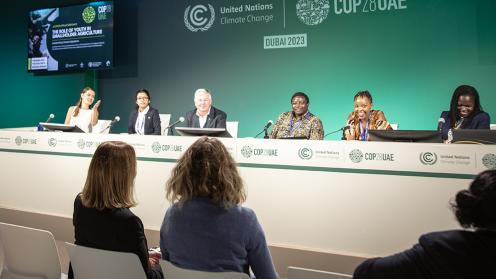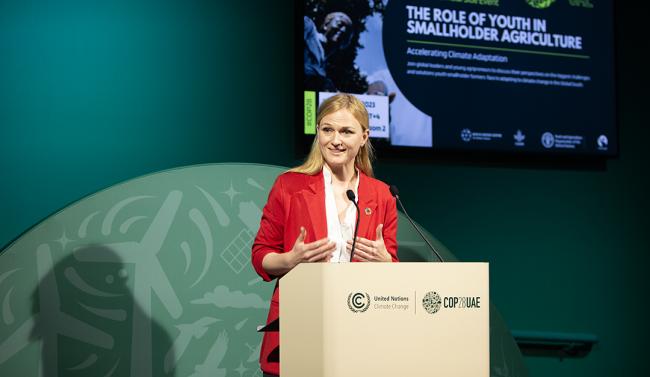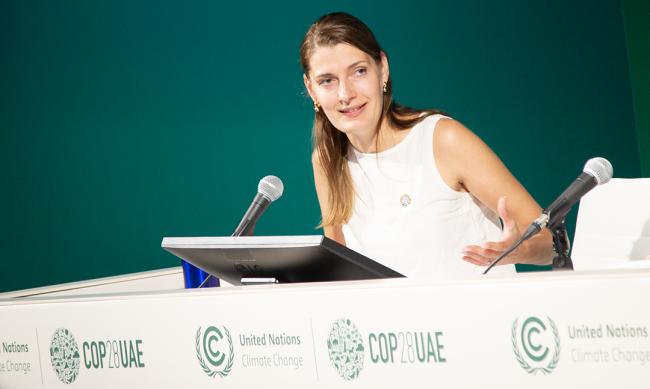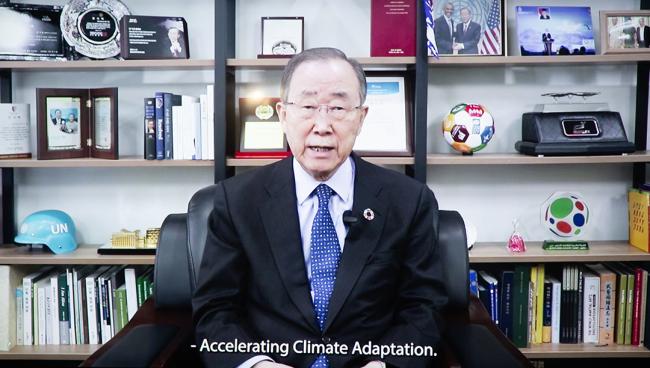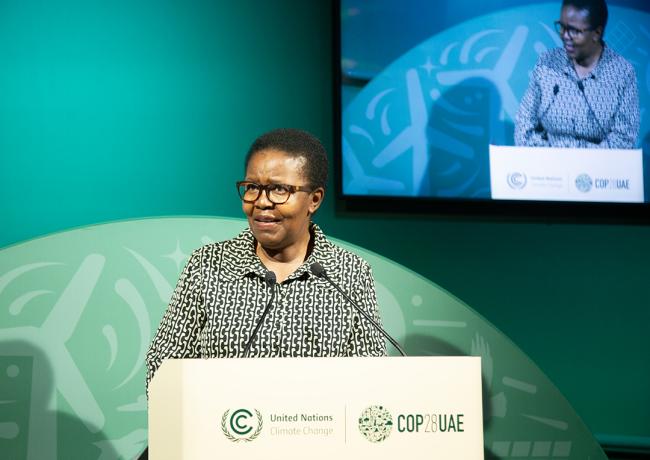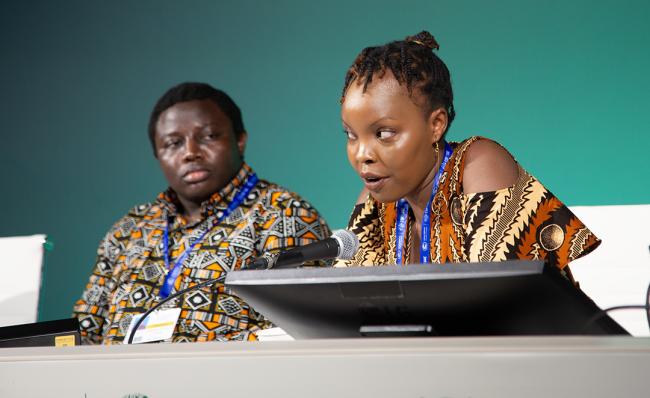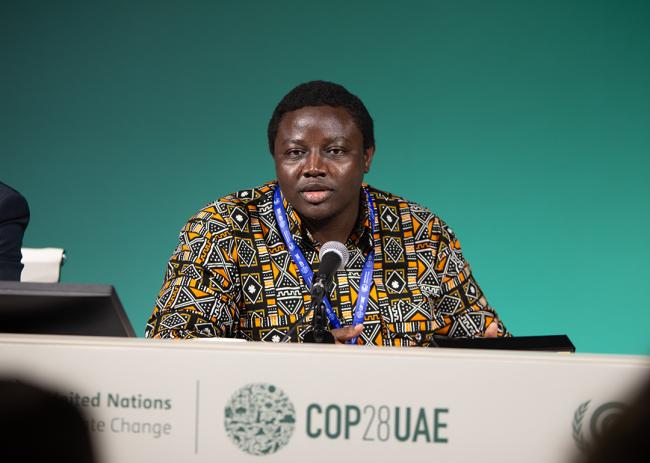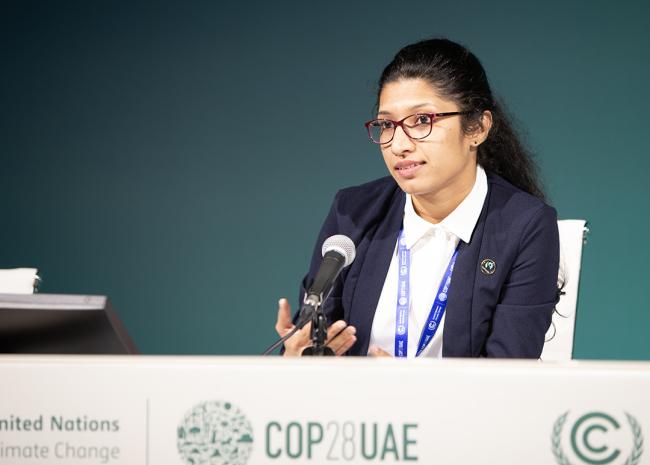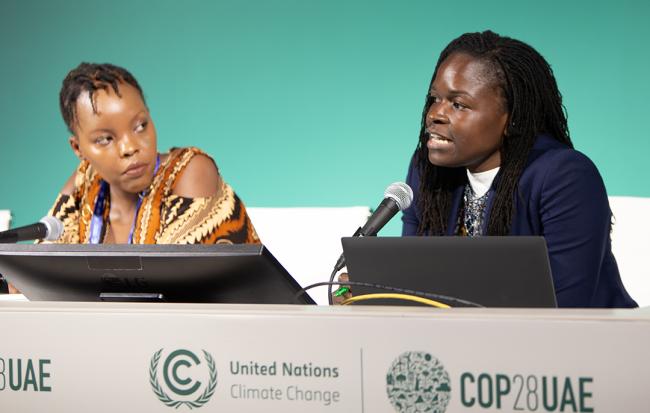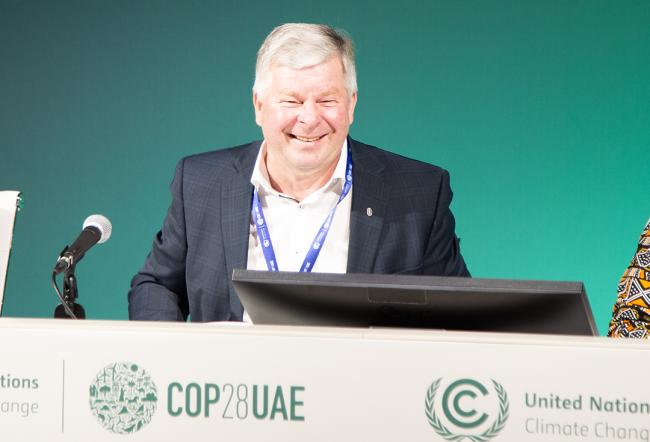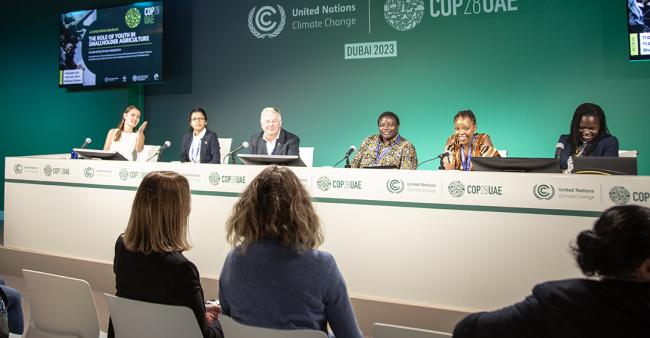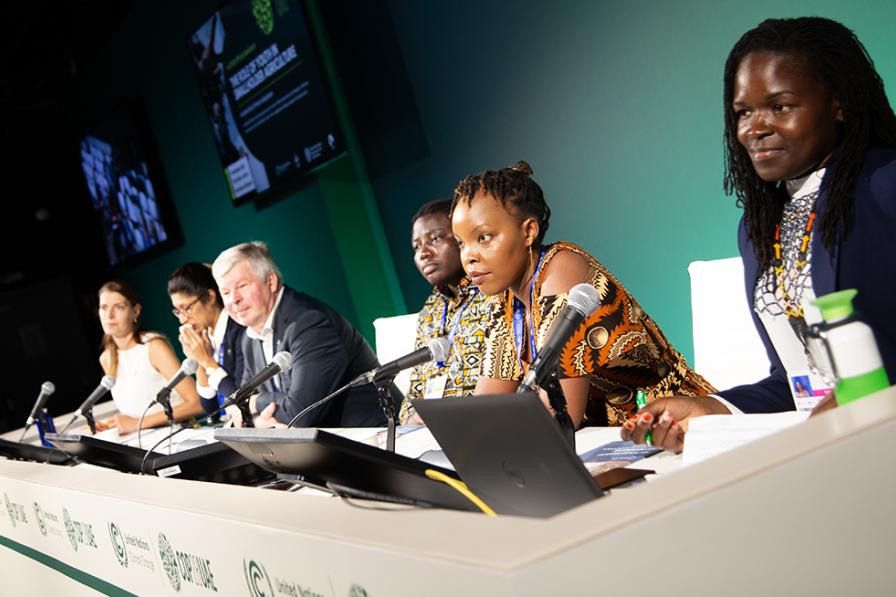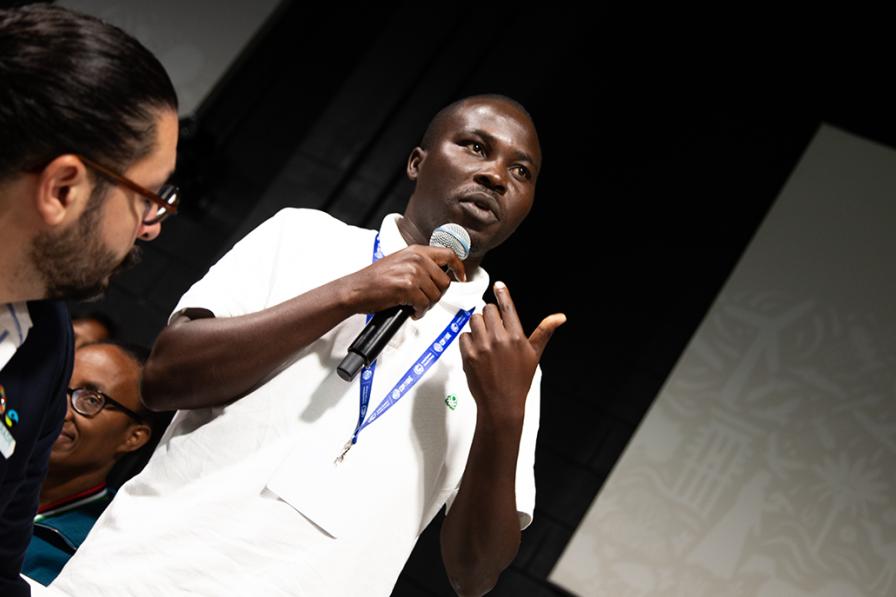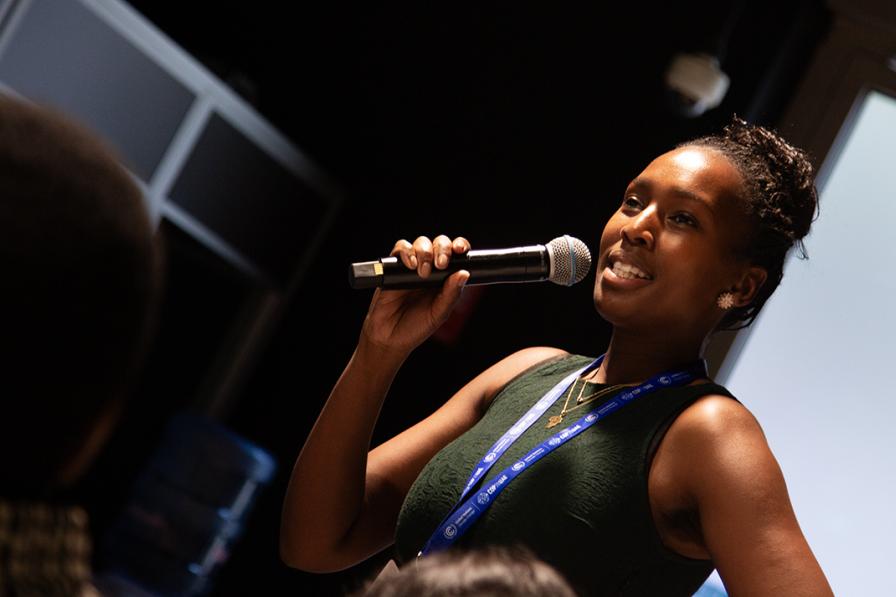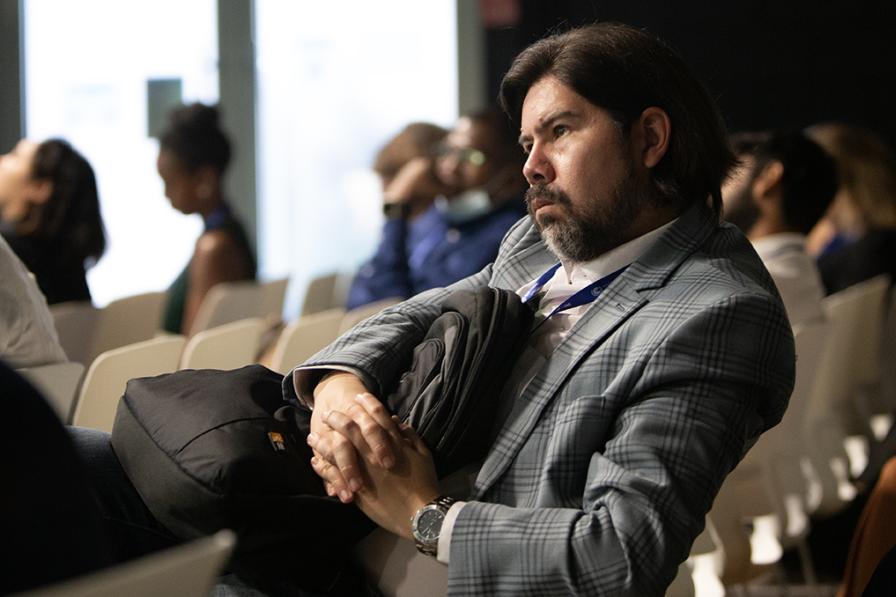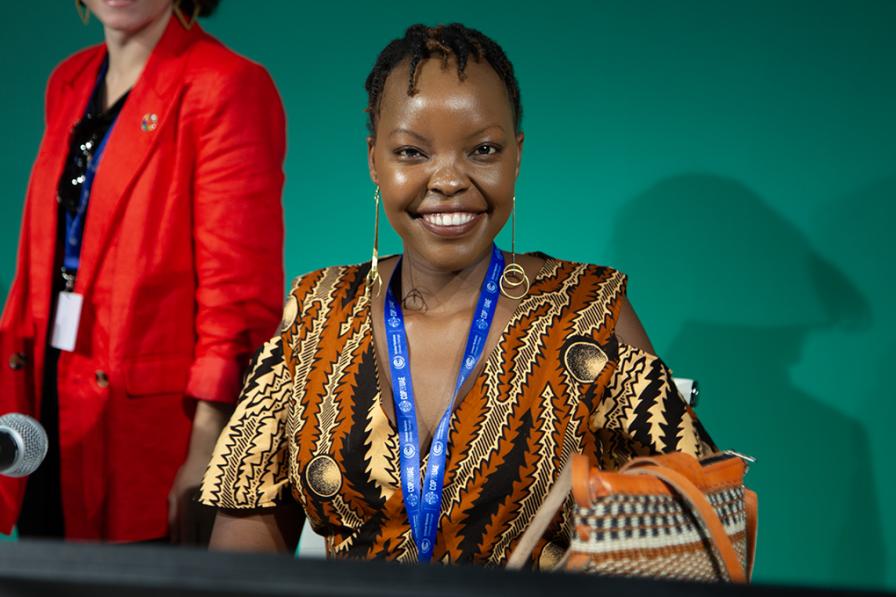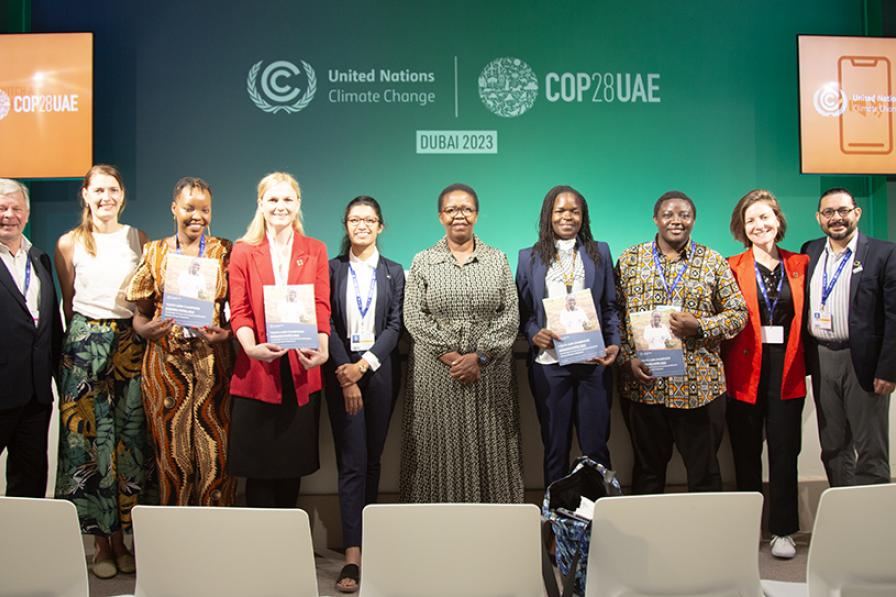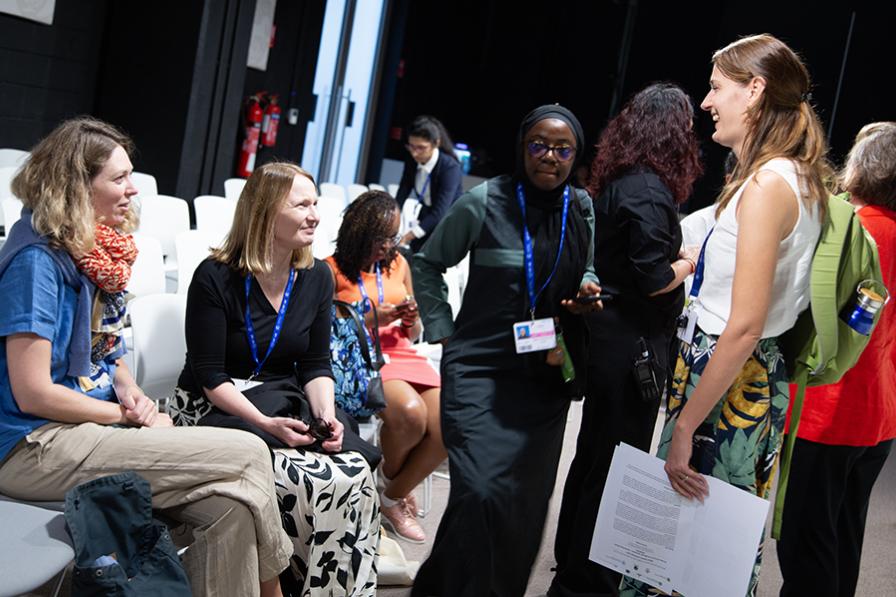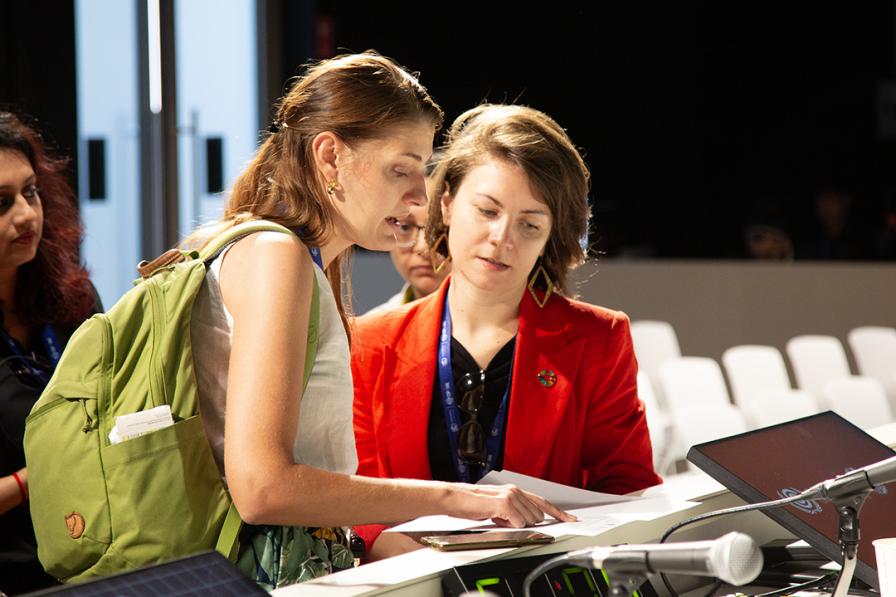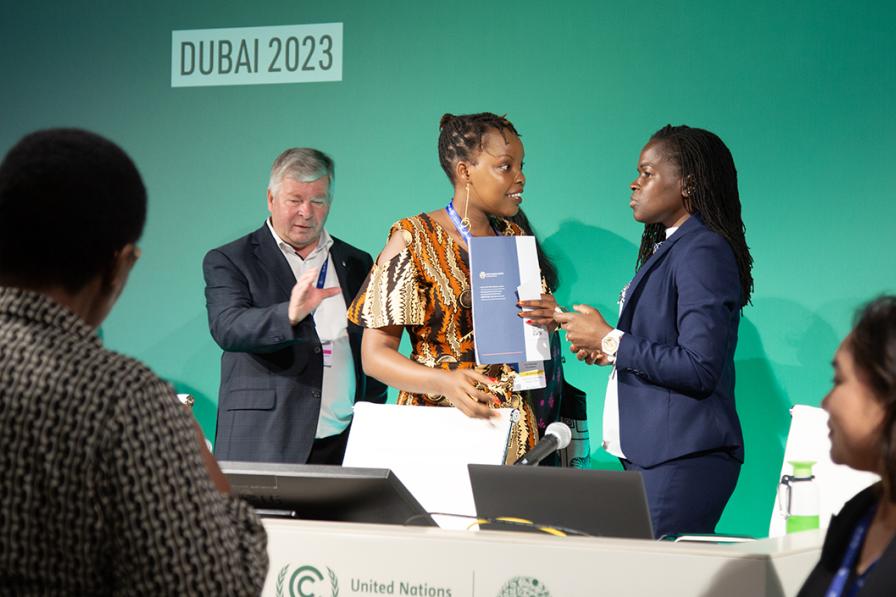Summary
Smallholder farmers play a crucial role in ensuring food security for their communities in Sub-Saharan Africa and Asia, yet they are grappling with the challenges of constantly shifting climatic conditions. What are the views of women and young smallholder farmers on best practices for agricultural adaptation, and how can their voices be empowered?
The Role of Youth in Smallholder Agriculture – Accelerating Climate Adaptation
Smallholder farmers play a crucial role in ensuring food security for their communities in Sub-Saharan Africa and Asia, contributing up to 80% of the local food supply. Despite their vital role, these farmers are grappling with the challenges of constantly shifting climatic conditions, necessitating investments in climate-smart technologies to effectively adapt to this evolving reality. Hosted jointly by the Ban Ki-moon Centre for Global Citizens (BKMC), CGIAR, Fairtrade International, and the Food and Agriculture Organization of the UN (FAO), this event sought to discuss approaches to consider the demands of young agricultural stakeholders on agricultural adaptation to climate change. The event was moderated by Liva Kaugure, FAO.
In a video address, Ban Ki-moon, former UN Secretary General and BKMC Co-Chair, said women and young small scale farmers are on the frontlines of climate change. He lauded the event as an example of much-needed interdisciplinary and intergenerational dialogues that will help ensure climate change adaptation measures are truly inclusive. He expressed support for the demands laid out in the Youth AgriChampions Demand Paper 2023, which was drafted by 17 BKMC Youth AgriChampions, and which sketches the three main challenges facing farmers trying to develop sustainable and profitable businesses.
In an opening statement, Lindiwe Sibanda, Chair, CGIAR System Board, welcomed the increasing attention agriculture is receiving at COPs, adding that “at COP 28, we are mainstreaming business.” She underlined the need for science-based multifaceted programmes during the ongoing climate and biodiversity “polycrisis” and discussed CGIAR’s goal of reaching 500 million smallholder farmers through its work. She outlined several CGIAR initiatives, including the International Institute of Tropical Agriculture Youth Agripreneurs (IYA) programme, active since 2012, which functions as an advocacy and development programme that engages youth in agribusiness through capacity development. Finally, she underscored the need to reach young people through digital technologies, and explained that women represent another priority for CGIAR, as over 80% of food produced worldwide “passes through their hands.”
In a panel discussion, Caroline Moko, smallholder farmer and BKMC 2022 Youth AgriChampion, Kenya, noted the scarcity of agricultural extension officers, which act as intermediaries between research and farmers, in her country: with only one officer per 1000 farmers, they are not able to advise and train farmers on adaptation strategies. She also underscored the gap between adaptation research and practice, noting the positive impact of successful examples, such as the nutrition-dense biofortified orange-fleshed sweet potato developed by CGIAR researchers at the International Potato Center. Finally, she discussed the need to use simple language on agriculture adaptation, rather than buzzwords, when working with farmers.
Mohammed Hafiz Musah, agripreneur and BKMC 2023 Youth AgriChampion, Ghana, noted an even greater ratio of farmers to agricultural extension officers in Ghana – one to 1500 – and stressed the need for disaggregated data on how men and women farmers access adaptation training to ensure the effective participation of women in these trainings. He underscored the disconnect between science, research, and practice, with researchers failing to share findings with the farmers they collected data from after a research project is completed.
Shashila Dilani, Fair Trade Association, Sri Lanka, described efforts to help Sri Lankan farmers adapt to climate events such as rainfall pattern changes, as well as the promotion of urban farming. Stressing that “agriculture adaptation is expensive,” she underscored the difficulties of adapting to new climatic conditions without being able to access loans.
Vivian Atakos, CGIAR GENDER Impact Platform, lamented the lack of research on youth engagement in agriculture, and thus a lack of findings on which interventions could be based. After pointing to a range of CGIAR-led programmes in Uganda, Ghana, and Tanzania, she noted youth engagement has multiple benefits, including the creation of job opportunities for young people.
Wolfgang Zornbach, Federal Ministry of Food and Agriculture, Germany, warned against “youthwashing” practices and gave examples of how young people are actively involved in his ministry’s work. He expressed support for the Youth AgriChampions Demand Paper 2023’s request for more connections between science, policy, and practice.
After hearing questions from the audience, panelists discussed, among others, the role of universities in agriculture adaptation and the need to adequately fund youth participation in these efforts.
Organizers: The Ban Ki-moon Centre for Global Citizens (BKMC), CGIAR, Fairtrade International, and the UN Food and Agriculture Organization (FAO)
Contact: Nathan Birac In.birac@cgiar.org
For more information: https://bankimooncentre.org/youth-agri-champions/
To receive free coverage of global environmental events delivered to your inbox, subscribe to the ENB Update newsletter.
All ENB photos are free to use with attribution. For this COP 28 side event, please use: Photo by IISD/ENB | Angeles Estrada Vigil
